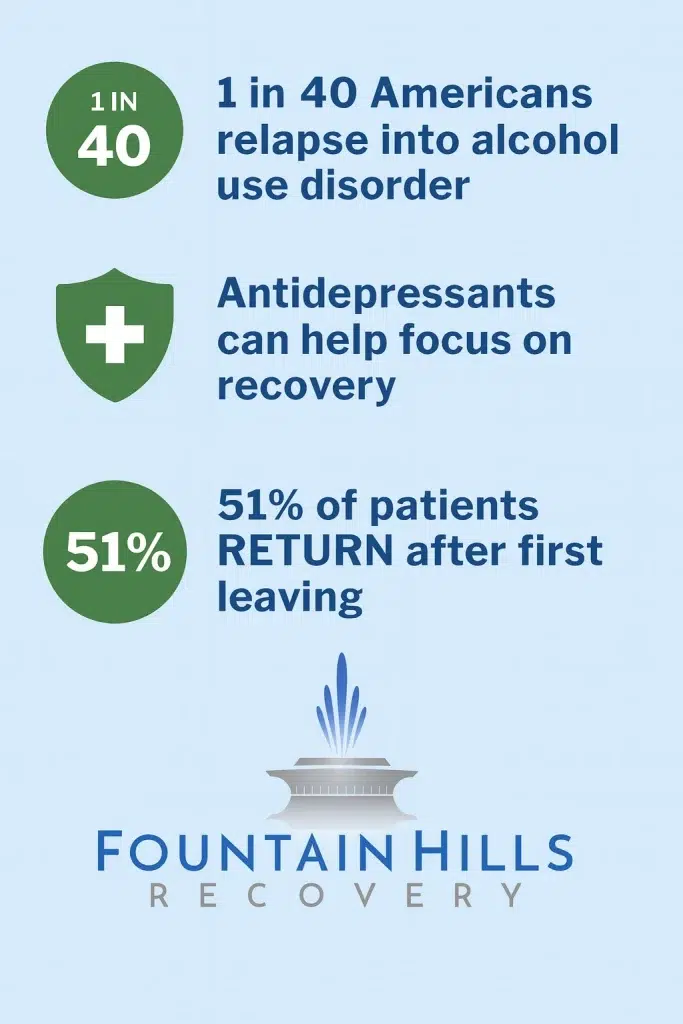Sometimes, outpatient care works—until it doesn’t. You might’ve started strong, showing up to groups, doing the work. But then life started to press in. Maybe work got overwhelming, or family stuff took over. Maybe you missed a few sessions and didn’t know how to come back.
If you’ve drifted from outpatient treatment—or stopped entirely—this isn’t the end of your story. You’re not too far gone. You didn’t mess it up. You might just need more support than outpatient care can offer. That’s exactly where a residential treatment program like Fountain Hills Recovery’s luxury inpatient program can help.
Let’s talk honestly about what happens when outpatient care stops working—and how residential care can hold you while you find your way forward.
You Didn’t Fail—You Just Need a Different Kind of Support
It’s easy to believe that dropping out means you blew your shot. But here’s the truth: outpatient treatment isn’t designed for everyone or every stage of recovery.
When you’re still deep in emotional distress or environmental stressors, outpatient care can feel like trying to fix a roof while standing in the rain. You’re still showing up for work, managing family dynamics, cooking your own meals—while also trying to unpack trauma and resist old patterns. It’s a lot.
Residential care removes that overwhelm. It gives you space to focus on healing—without the constant pressure of managing everything else at the same time.
Structure That Supports You—Not Stresses You
In outpatient care, the day-to-day chaos never really stops. But in residential treatment, that constant buzz of “doing” quiets down. You don’t have to figure out meals, logistics, or how to squeeze in therapy between work shifts.
Instead, your days are structured around healing: therapy sessions, skill-building groups, restorative activities, and time to reflect. That rhythm is part of the medicine.
Structure doesn’t mean restriction—it means support. It’s like handing your nervous system a roadmap so it can finally start to relax.
Emotional Safety That Meets You Where You Are
If you ghosted your outpatient program, you might be worried about judgment or uncomfortable conversations. At Fountain Hills Recovery, we understand that stepping away doesn’t mean you didn’t care. It means something wasn’t working for you.
Our residential team meets you in that space—with no lectures, no blame. Just a warm welcome and a fresh start.
Everyone in our care has a story that includes struggle. Yours is no exception. You don’t have to explain your way back in. You just have to show up.
Individualized Care That Goes Deeper Than Groups
Outpatient programs often lean heavily on group therapy. While groups can be powerful, they’re not always enough—especially if you’re carrying trauma, chronic anxiety, or unresolved grief.
In residential treatment, you’ll get significantly more one-on-one time with licensed clinicians, including therapists, case managers, and medical professionals. This means we can help uncover what’s beneath the behaviors or disconnection you’ve been feeling.
We work with you to understand the “why” behind the struggle—not just the symptoms. That’s the beginning of real change.
Tools That Translate Into the Real World
Recovery isn’t just about understanding what went wrong. It’s about learning what works for you—and practicing it in a safe environment before you’re back in the chaos of daily life.
That’s what residential treatment provides: a training ground for the real world. You’ll build new coping skills, explore healthy routines, and discover strategies that actually fit your lifestyle.
Think of it like this: outpatient care is a running trail. Residential care is the gym where you rebuild your muscles before hitting the pavement again.

A Community That Gets the Middle of the Mess
It can feel isolating to drop out or drift away from outpatient care. You might think you’re the only one who slipped. You’re not.
At Fountain Hills Recovery, many of our clients come to us after treatment attempts that didn’t stick. They’ve left programs, relapsed, or just shut down. What matters is that they came back—and you can too.
In residential treatment, you’ll be surrounded by people who understand what it’s like to fall short of your own expectations and still keep going.
What If Treatment Didn’t Work the First Time?
Let’s normalize this: not all treatment clicks the first time. That doesn’t mean it can’t work—it just means you haven’t found the right approach yet.
Residential treatment is different. It offers:
- More time to build trust and momentum
- More privacy and fewer distractions
- More support around emotional and physical needs
- More tools for long-term success
Sometimes, it’s not you that’s failing—it’s the fit of the care. Let’s get you something that actually helps.
Still Local, Still Luxury, Still Here
Our residential treatment program in Fountain Hills, AZ is designed to help people feel human again. You don’t have to earn your way back into care. You’re already welcome.
This is a place for rest. For restarting. For remembering that you are not a lost cause—you’re just a person who needs more support right now.
And we’re ready to offer it.
FAQ: Residential Treatment After Outpatient
What’s the difference between outpatient and residential treatment?
Outpatient treatment allows you to live at home while attending therapy sessions a few times per week. Residential treatment provides 24/7 care in a structured setting, with full-day support and medical supervision if needed.
Do I have to “start over” if I come into residential care?
No. We build on what you’ve already done. Your previous treatment isn’t erased—it becomes a foundation we can strengthen together.
Is residential care only for people in crisis?
Not at all. Many clients enter residential care because they want deeper support or because outpatient just wasn’t enough. You don’t need to hit “rock bottom” to benefit from inpatient care.
What if I’ve dropped out before—will I be judged?
Absolutely not. Our approach is non-punitive and nonjudgmental. We understand that recovery is messy and nonlinear. You are always welcome here.
How long do people stay in residential treatment?
Length of stay varies, but many programs last between 30 and 90 days. We work with you to find a duration that supports your goals and sets you up for success.
📞 Ready to reconnect—without shame or pressure?
Call (800) 715-2004 or visit to learn more about our residential treatment program services in Fountain Hills, AZ. We’ll meet you exactly where you are.





